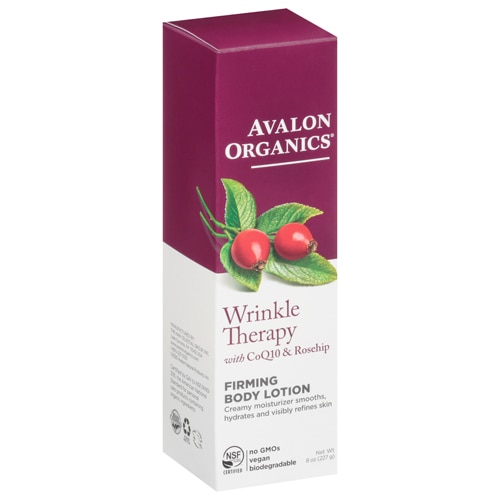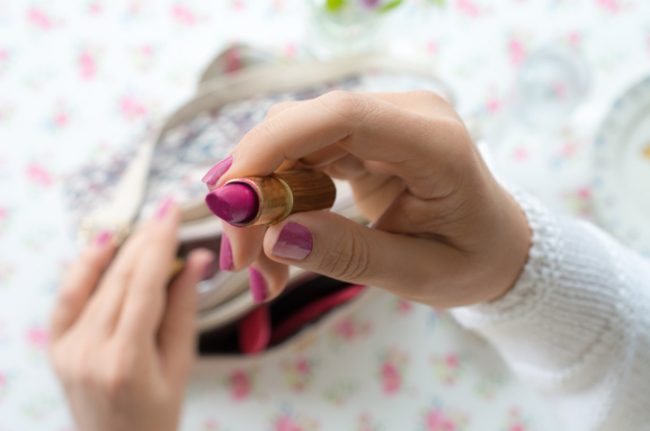Trying to figure out whether an “organic” beauty product is truly organic can make you want to pull out the hair you’re wanting to wash with organic shampoo. But if you pay close attention to the labeling of beauty products, you can separate the real deal from the pretender.
Beth Jonas, chief scientist for the Personal Care Products Council, an industry group, says a cosmetic product touting organic claims must comply with organic regulations imposed by the U.S. Department of Agriculture (USDA), as well as with labeling and safety regulations overseen by the U.S. Food and Drug Administration (FDA).
Examples of FDA-regulated cosmetics include skin moisturizer, perfume, lipstick, fingernail polish, makeup and shampoo. But some personal care products actually are treated as regulated drugs, such as lip balm, diaper ointment and antiperspirant.
Products such as soaps and lotions that don’t contain food ingredients aren’t subject to organic rules.
According to the USDA, organic cosmetics carrying the “USDA Organic” logo come in three varieties:
- “100 percent organic” can be used to label any product that contains 100 percent organic ingredients.
- “Organic” can be used to label any product that contains at least 95 percent organic ingredients.
- “Made with Organic ______” can be used to label a product that contains at least 70 percent organically produced ingredients.
USDA-certified organic products are marked with the green-and-white “USDA Organic” logo.
Keep in mind that a beauty product identified as “organic” does not translate into the product being safe for everybody. “For example, many plants, whether or not they are organically grown, contain substances that may be toxic or allergenic,” Jonas says.
Also, it must be noted that an USDA organic label isn’t the only organic-labeling game in town. Another one you might spot is NSF/ANSI 305.
Shannon McLinden, CEO of FarmHouse Fresh, a maker of organic beauty products, says NSF/ANSI 305 is the only all-in-one standard in the U.S. that governs labeling and marketing of organic personal care products. Among the products that fall under the NSF/ANSI 305 umbrella are cosmetics, such as foundation and lipstick; rinse-off and leave-on items, including moisturizer and lotion; and personal hygiene supplies like soap and shower gel.
FarmHouse Fresh’s newly launched organic products — all seven of which are 95 percent organic — meet NSF/ANSI 305 requirements, McLinden says. To become certified under the NSF/ANSI 305 standard, a product undergoes a review by an independent organic certification group to verify that it contains at least 70 percent organic content by weight. In addition, a certified NSF/ANSI 305 product must meet certain material, process, production and labeling specifications.
To determine whether a product adheres to NSF/ANSI 305 standards, look for a blue circle-and-leaf logo with the letters “NSF” and the words “contains organic ingredients.”
By the way, beware of products claiming to be “botanical,” “natural” or “plant-derived.”
“Though the FDA has the authority to reprimand personal-care product-makers whose labels make false and misleading claims, it’s never imposed standard definitions for these green-sounding terms,” according to Slate.com. “So a body cleanser with only trace elements of cucumber extract can legally call itself a ‘natural’ product, as can a fully synthetic product engineered to smell like an apple orchard.”
Exuberance Beauty goes far beyond anything that might simply be deemed “natural.” The company says its skin care products not only hold USDA, cruelty-free and gluten-free certifications but also are chemical-free.
Baji Grace, CEO of Exuberance Beauty, believes that organic personal care products “are a sensible, positive choice, while choosing ones that are chemically produced is a game of Russian roulette.”
Grace says she strives to ensure all the ingredients in Exuberance Beauty’s products are safe and healthy.
“When you consider that most ingredients [in personal care products] are still untested, and that over the years many widely used chemicals have been proven — after widespread use — to cause serious physical symptoms ranging from cancer to disruption of endocrine systems, using natural products that are proven safe is a sensible choice,” Grace says.
She adds: “Besides products using ingredients that are largely untested, we don’t know what chemicals do in combination with each other either, both within a product or when you layer many products with different compositions — and different chemicals together. And yet we layer it on our body’s biggest organ, one that is highly absorbent.”




